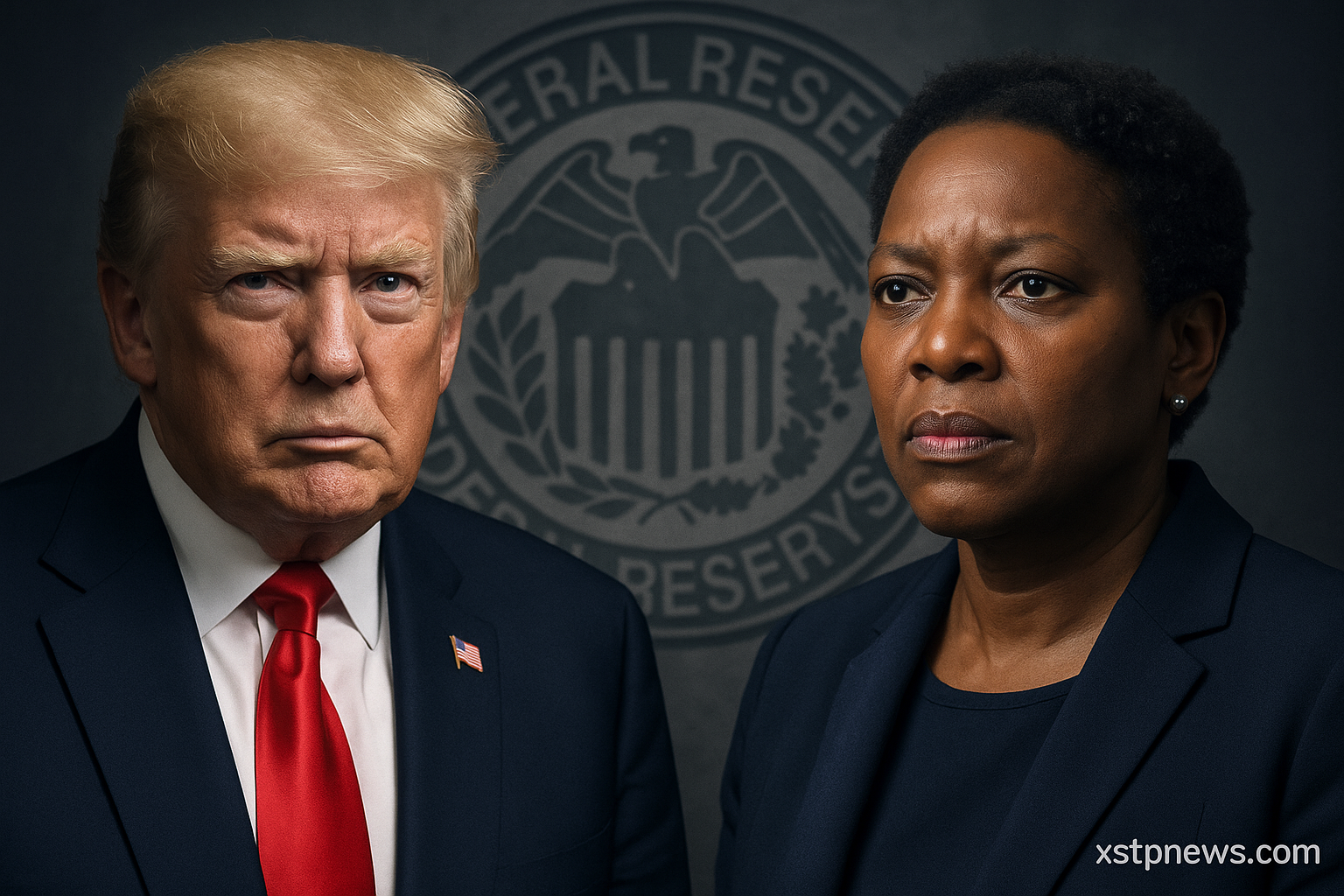In a striking demonstration of confidence in digital assets, BlackRock revealed that it acquired US$ 3.2 billion worth of Bitcoin over the span of seven days. As the world’s largest asset manager, BlackRock’s bold move underscores a growing conviction that Bitcoin belongs in institutional portfolios, not merely as a speculative token but as a strategic tool for diversification and macro-hedging.
By committing such a substantial sum to Bitcoin so swiftly, BlackRock has sent ripples through both traditional finance and the crypto ecosystem. Where once Bitcoin was viewed with skepticism by many large-scale investors, the firm’s aggressive entry signals that digital gold is now judged on par with other scarce assets. This surge in demand has the potential to enhance market liquidity, tighten spreads on major exchanges, and pave the way for a new generation of investment products tailored to different risk appetites.
Market observers note that BlackRock’s activity could trigger a domino effect among pension funds, endowments, and sovereign wealth vehicles that have until now hesitated on the sidelines. When an organization managing trillions affirms Bitcoin’s role in acting as a partial hedge against inflation and currency depreciation, it offers both a validation and a roadmap for cautious allocators to follow. Smaller managers may feel emboldened to introduce Bitcoin-linked strategies, potentially accelerating inflows and reducing overall market volatility over time.
Regulators and service providers now face the task of ensuring that this influx of institutional capital is met with robust infrastructure and clear guidelines. Enhanced custody solutions, transparent pricing mechanisms, and standardized reporting practices will be essential to sustain confidence and protect against systemic risks. In parallel, ongoing dialogue between policymakers and industry leaders can help strike the right balance between encouraging innovation and preserving financial stability.
As BlackRock’s US$ 3.2 billion investment illustrates, the narrative around Bitcoin is shifting decisively toward maturity. The coming months will reveal whether this wave of institutional endorsement translates into enduring market resilience and broader acceptance of cryptocurrencies as a core component of diversified portfolios.







